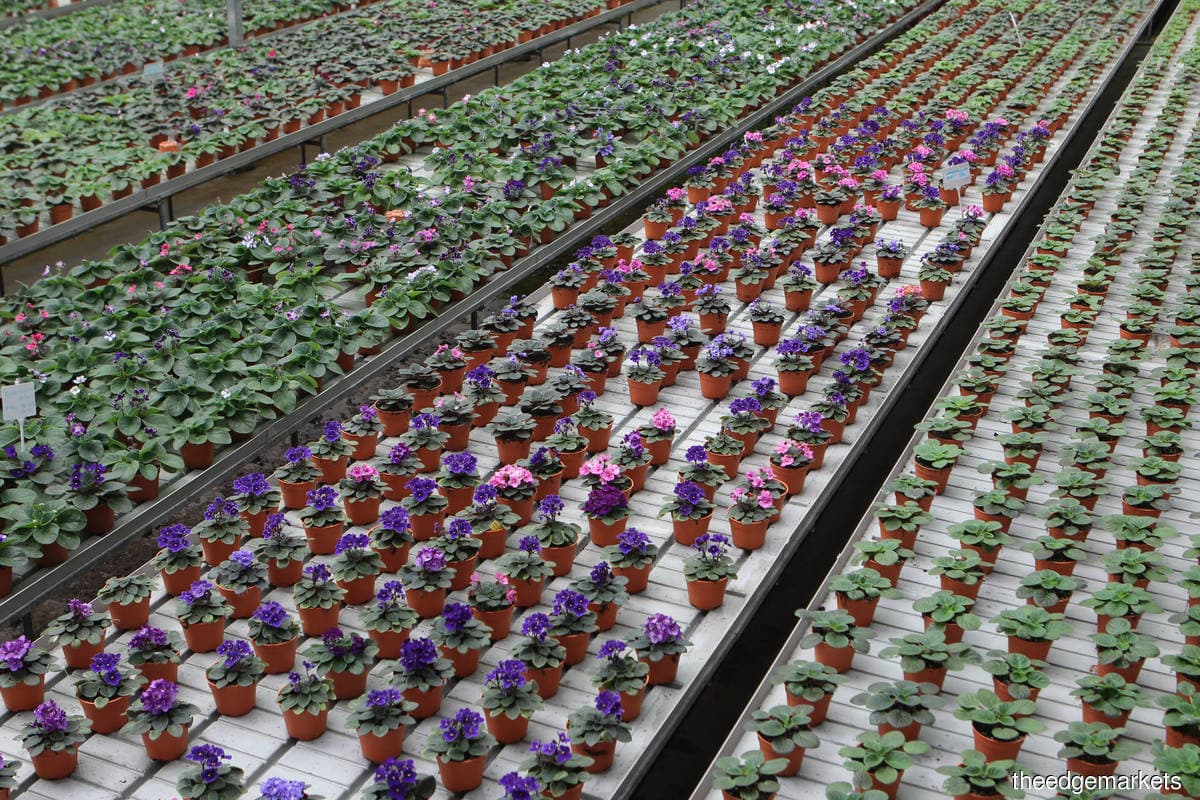
KUALA LUMPUR (Aug 12): The move to eliminate the export permit issued by the Malaysia Quarantine and Inspection Services (MAQIS) for the export of processed food and the floriculture is positive for exporters, as it will help them speed up the export process, saving time and costs.
When contacted, Federation of Malaysian Manufacturers vice-president Datuk Dr Andy Seo Kian Haw said the move will help exporters save RM2.4 million and 60,000 hours — the money and time that are estimated spent annually by those involved to secure export permits that are not even required by the importing countries.
It was reported that the Economic Action Council, chaired by Prime Minister Tan Sri Muhyiddin Yassin, recently made the decision to remove the export permit requirement for 524 items from the said sectors, a requirement that is currently inconsistent with Customs (Prohibition of Export) Order 2017.
Removing this unnecessary regulatory burden on businesses is part of the MalaysiaMudah or #MyMudah programme initiatives, said Malaysia Productivity Corp (MPC) director-general Datuk Abdul Latif Abu Seman. Requests for this removal was one of the feedback the MPC received from businesses since the MyMudah initiative was launched on July 20.
The processed food and floriculture industry’s total export value last year was estimated to be RM9.7 billion, according to data from FMM. This was less than 1% of Malaysia’s total export value of RM986.4 billion.
Hence, from an economist’s perspective, the removal of this export permit requirement will hardly impact the country’s export figures as these industries’ contribution is negligible to the whole, according to AmBank Group chief economist and head of research Dr Anthony Dass.
Nevertheless, he hailed the move as a positive one, as it would potentially raise the exporters’ competitiveness, which will be helpful, especially during such challenging times.
SME Association of Malaysia national president Datuk Michael Kang Hua Keong, who also welcomed the move, said it will benefit many small and medium enterprises who are involved in the exporting business, who often struggled to get the permits done on time due to “insufficient government officers to assist in the process”.
Similarly, Cameron Highlands Floriculturists Association vice president Wong Seng Yee lauded the move, though he pointed out that the new policy has yet to be synchronised at the exporting ports. He is referring to officers in charge who claimed they had yet to receive the policy amendment notice from the top.
Wong said the new policy should be implemented on July 29, the date the Director-General of MAQIS’s Saiful Yazan Alwi issued a letter to the MPC on the policy change. Wong hopes the issue can be resolved in the next two weeks.
According to Wong, the ports for exporting the flowers mainly are KLIA airports, which accounts for 80% of the total export, with the remaining ones including Bukit Kayu Hitam (border between Malaysia and Thailand), Johor Bahru and Klang ports.
Among items for which the export permit removal applies, there is HS0603, said Wong, which refers to the floriculture industry. It involves products such as cut flowers and flower buds of a kind suitable for bouquets or for ornamental purposes, be they fresh, dried, dyed, bleached, or otherwise prepared.
According to him, the cost of applying for an export permit, together with handling charges, is RM20. He said the floricultural industry spent an estimated RM280,000 to obtain about 14,000 export permits last year.
And getting the permit was not only unnecessary — it was not required by the importing countries — but also redundant, he said, as MAQIS is under the Ministry of Agriculture and Food Industries, under which both the Department of Agriculture (DoA) and the Federal Agricultural Marketing Authority belong.
This is because currently, those exporting flowers abroad are already required to obtain the phytosanitary certificate from the DoA, and a certificate of conformity (COC) from FAMA for compliance with grading, labeling and packaging (GPL) standards, said Wong. Then, they are required to get the export permits from MAQIS, before filling the K-2 form to declare the goods at Customs.
Going forward, Wong hopes the requirement for FAMA’s COC can also be removed, as exporters follow the respective importing countries’ GPL standards. So, he thinks they should not waste time complying with FAMA's.